Home > Interviews > INTERVIEW: How to end vote-buying, tribu...
INTERVIEW: How to end vote-buying, tribunals in Nigerian elections – Mike Igini
By Nnaji | 22 Jul, 2022 06:58:46am | 110
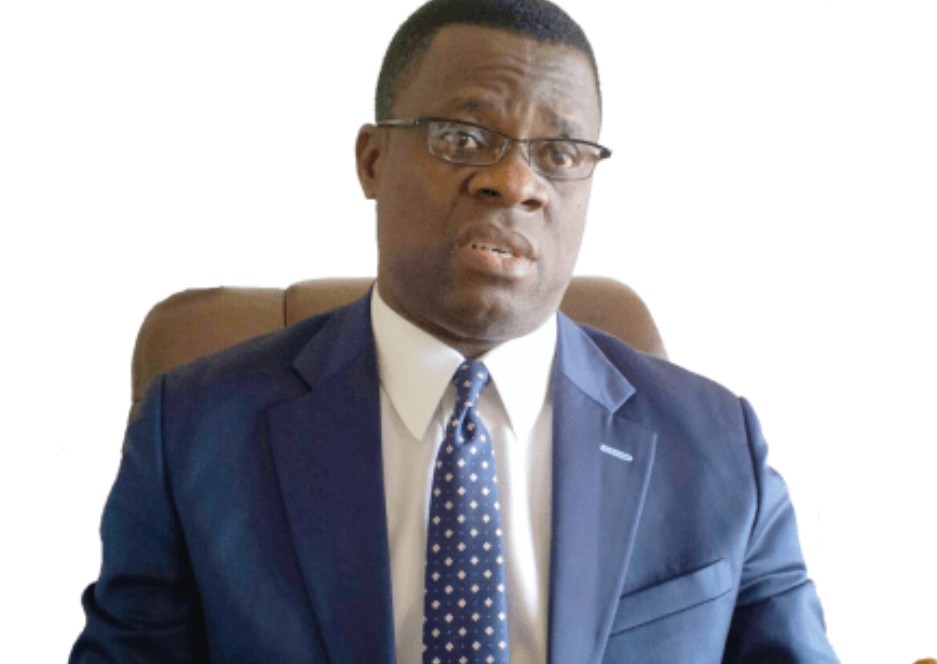
The Resident Electoral Commissioner in Akwa-Ibom State, Mike Igini, in an interview, on Tuesday on the Sunrise programme of Channels Television, discussed how Nigeria can overcome vote buying, improve the conduct of elections and reduce the intervention of the courts in the electoral process. Below are excerpts from the interview.
Q: What is INEC’s assessment of the recently concluded Osun State governorship election?
A: Institutions must have something to build on. Nigerians would agree that even though we are not where we want to be, what is incontestable is that the kind of elections that we have witnessed since 2011 up to this moment, they are elections in a different class from what we used to have before. Ekiti, Edo, Anambra, Ondo and the very recent one, have shown that whenever there is a harmony of interests as to the direction we want to go, it will reduce opportunistic behaviour. And that shows clearly, no matter the challenges we are going through, the ills of democracy can only be cured by more democracy in terms of improvement that you have seen.
Read Also: Enugu not landlocked, will become an oil producing state, says Mbah
Q: Can there ever be this harmony of interests?
A: Yes, there must be. Because that is at the heart of our disarray – lack of a shared vision. What is the role of law in our democracy? When we talk about the harmony of interests, there must be some benchmarks that must not be overlooked. Around the world, there are three basic metrics for measuring a good election: was there participation? was there competition? and was there a legitimate outcome? Because, in a democracy, the effective power to lead must lie in a due election where people are duly elected. And so, the point being made is that the job of an umpire is like a football coach. The victory of yesterday does not matter. You could see that for human agencies, the issue of sabotage, negligence and all that, nobody is talking about BVAS now because the BVAS people are talking about is working perfectly.
Q: Who are the actors that reduced opportunistic behaviour?
A: Clearly speaking, you see, INEC is the most innovative public service delivery institution in Nigeria, according to the evidence which is empirical around. If you look at what the commission has been doing from one election to another, there have been massive improvements in terms of processes and procedures to deal with historical challenges of election services delivery in our country. But regrettably and tragically, there has not been a complimentary change of behaviour on the part of the political class. They prefer chaos to order. In a strong society where the rule of law remains the order of society, very many of the people that you find around should be cooling themselves in prison, not to be found in public spaces. Now, if you look at what has happened in Osun and all the states that I have mentioned, they no longer quarrel about BVAS. You could see that the 2022 Electoral Act and I must thank all Nigerians, I must thank the National Assembly that despite the back and forth, the delays, what this National Assembly has done in respect of the 2022 Electoral Act, and what we have begun to see happen, will be written down in history and so shall it be remembered. That is why it is important. People say why is Igini speaking on certain matters? Knowledge will forever govern ignorance. Part one, section two of the 2022 Electoral Act has enjoined the commission, the 36 states commissioners, the electoral officers, the staff and all those who work in INEC not only to provide civic education but also to educate Nigerians on democracy and democratic practices in Nigeria. That is why I have advised Nigerians to go and read the 2022 Electoral Act.
Q: The last Osun State governorship election recorded a high rate of void votes, is INEC taking a look at it?
A: This goes into the issue of voters’ education. Voter education is a multi-stakeholders responsibility. To what extent do voters know the logos of most political parties? Now, I would have brought a specimen. What you are doing is thumbprint and it crosses two parties, A and B, that constitutes a void vote. It does not require a forensic expert. This is not a major problem. The major problem is the menace of vote buying that has assumed the level of an epidemic. It is the greatest thing we need to deal with. There is the issue of increasing involvement of the court in politics. What Jonathan Sumption called the expanding empire of the court, which shows the failure of politics, and the assumption that the law can fill the void. And what is the implication of that on our judiciary? The first one on vote buying constitutes a devaluation of the ballot as the best means of expression of the will of the people in a democracy. Democracy, in its traditional classical sense, as we all know, is a very fragile concept, extremely vulnerable. That is why it has to be protected. Vote buying has become and it has huge implications if we don’t stop it now. The first implication is that it is going to remove what we call performance politics. Because the opportunity and the benefit of an incumbent, for instance, is that once you have performed, you should be rewarded on the account of your performance. But because of vote buying, if not dealt with right away, and I am going to call on the National Assembly, thank God we still have about seven months to go, and I am going to make some suggestions here today, if we don’t stop that (vote buying), there will be no performance anymore.
Q: Who is to stop that? what about INEC?
A: INEC has by way of administration, let me close on the effect first. There will be no performance because all you will need to do is to keep money as much as possible, if the time comes. Since somebody is coming to challenge you, you don’t need to work, just keep money on the side. In fact, it will be cheaper for you to do that. Vote buying reinforces inequality in society because it is only the rich and the wealthy that will be able to contest. It will lead to class bias politics. It means you are going to flood inequality into the quality of public franchises.
Q: Beyond the rhetorics, what is the outcome of the arrests that have been made?
A: Why are we always lamenting in our country? Is the Book of Lamentation written in the bible because of Nigeria? Absolutely no. We have to deal with the issue. Nigeria is not the first country that we have recorded the issue of vote buying. In fact, some of the notorious countries you see today – the United States, the United Kingdom, the former Soviet Union, Costa Rica, and Latin America countries – were all involved in that. But in 1856, the Australians gave to humanity the idea of secret balloting to deal with the issue of vote buying. There was resistance in the UK, they only embraced it in 1872, and of course, the US, which is very notorious, only adopted it in 1892. The point is that what did they do in England, which is my prescription to the National Assembly? As I commend you people, even though you are also victims of the current Electoral Act of 2022, because they did not listen to some of the technical advice we gave them a year ago in June. Some of them, if they had listened to the statistics that we provided – that since 2003, of the rate of attrition, that direct primary is the best way to go – we will not be here today.
“In England, what did they do when (vote buying) became a problem? In 1832, in the Stanford Borough alone, £5000 was used to purchase 850 votes out of 1000 registered voters. In 1872, they came up with the Ballot Act. So the first prescription, which I am asking the National Assembly to do before the 2023 elections, so that you will continue to be remembered for having this profound electoral act we are having today, is if you are caught buying votes through your campaign manager, or influencer, and it is traceable to you, first, you are banned from participating in that election, as well as your political party. You are banned from participating in that election. You will be banned for six years, and if caught again, you will be banned for life. For the political parties, you are banned in that particular election. In Nigeria, we need to do that.
Q: What of the existing act, are there no punitive measures against vote buying?
A: The entire section 114 to 129, under part 7 of the 2022 Electoral Act, clearly identifies acts and conducts that are considered anathema or are prohibited. Particularly Section 121 of the 2022 Electoral Act prohibits the act of buying and selling votes because a vote is a public good. it must not be bought or sold. In fact, when there is no law, citizens should be punished for their moral failing because the selling of votes constitutes the betrayer of the principle of democracy.
Q: The court has a role to play there in delivering judgement.
A: Yes, correct. I will give an example. In 2013, in Kenya, we were there for the 5th of March election. On that day, we were monitoring. The campaign manager of a senatorial candidate was caught with different envelopes containing monies he was using to induce voters. He was arrested that same day, he was charged in court that same day. On the second day, he was convicted to three years imprisonment. That election was for a period of five days, we were in Kenya. Why is it that people who have been arrested over time on this matter, we do nothing? The only way to make an impact is to quickly arraign them. In the US, over 400 cases before the 2020 elections were all determined before the 2020 elections. Why are we different here?
Q: Are you resigned to this?
A: We are calling on them that this is what you are supposed to do right now to send a clear message to would-be persons.
Q: Nigerians are not using campaign managers. They use thugs. Secondly, can you ban a ruling party in Nigeria?
A: Where is the place of rule of law in our democracy when you begin to talk about ruling party? In 2015, when I was in Edo State, some members of the party (PDP) were talking about federal might. I said, there will be no federal might but the might of the people through the ballot will determine what happens here. I agree with you.
Q: Why is it that those arrested are not prosecuted?
A: The arrogance of I belong to the ruling party either, at the state or federal, is at the heart of the anomalies in our country. When we advise people here that call lawyers, engage lawyers, they don’t understand. Today, look at the issue of primaries and all that. How many of them looked at the fact that we are preventing them, rather than being candidates for election, they might be candidates for prison. Look at Section 114. Under nomination, Section 115(d) of the Electoral Act stipulates that no person shall sign or obtain more than one form as a candidate for different elections. And the offence for that under subsection K, beyond the financial, he will go for two years imprisonment. Our advocacy, we do this, is to prevent people from being candidates for prison. Some people are saying they picked two forms, ignorance of the law is not an excuse. Two years imprisonment under subsection K; we are preventing them from being candidates for prison but they are calling us names everywhere.
Q: Aside from Akwa Ibom, which you have been vocal about, do other names come to your mind?
A: Very many of them. INEC, what INEC can do is to point attention to that. Look at some of the provisions in the Electoral Act. They don’t tell you who to take it up with. Why?
Q: What of buying forms for different positions?
A: What is clear there is that the sale of nomination forms would have been long closed. Now, what is even expected under Section 31 for those who have withdrawn, is for those who bought the form to participate in a new primary, under Section 84, because the sale of forms has long closed. I have watched on your television here Nigerians walking their way to prison when they say that they bought two forms. Section 115, subsection d, prohibits that. In fact, subsection 3 of 115 says an attempt is even an offence.
Q: What if in the case of different positions?
A: A state assembly election is a constituency, the House of Reps is a constituency, senatorial is a constituency governorship is a constituency and the presidency is also a constituency. If you bought a form and you bought two forms, they are at the same time as a candidate.
Q: Those who ran for the presidency and later contested other positions?
A: If they bought the forms as we read in the paper, they have run afoul of the law already.
Q: They accuse you (INEC) of descending into the arena.
A: Section 84 says you must go for primaries that shall go be monitored by INEC. Under Section 20, you must submit to INEC. When you are uploading to INEC and you must bring the particulars of those who participated in that process. If you fail to do so, INEC can remind you. We will not keep quiet. That is the beauty of what you are seeing today. Look at Osun. Are you seeing people going to tribunal? We are going to end the business of tribunal in this country. So, National Assembly, a new law, this is what you will be remembered for. A candidate who is found in the 2023 elections, because once a date has been fixed for election, you cannot sell, gifts of any kind through that period. A new law, you will be banned for six years, as the case may be, if it is repeated, you will be banned for life.
Q: We have heard of withdrawal, and placeholders, are political parties following the guidelines?
A: INEC is the chief regulator of elections in Nigeria to the exclusion of any other person. Every other person can support us. Section 31 is statutory and that in case of death, may I add that very many candidates who emerged as candidates are in hiding now because of sudden death. I was called that somebody ran out of the country – many of the candidates are in hiding because of sudden death. Somebody called me and said that Igini, we learnt that in Nigeria, once you die, you refer to something about death, I said no, the law only said in the case of death, we can now change. Now, Section 31 you referred to, is not automatic. Section 31 says that a person who intends to withdraw must do so in writing by himself, submit to his party and then INEC. That does not mean automatically the party can just pick anybody. You still have to go back to section 84 to do primaries. Unfortunately, I am not in Uyo, I would have given you letters sent by political parties to my office, stating that they intend to drop candidates and that their letter will be submitted in due course. It shows that they don’t want to respect the law. As a regulator, we will do what we want to do. At best, you should be the one going to court. in Nigeria, those doing the wrong thing are the ones challenging people to go to court.
Q: Apart from Akwa-Ibom, are there other examples, there is the issue of placeholders, are political parties at risk?
A: Under the Electoral Act, all the presidential candidates have done what the law requires them to do. They did not write a letter to the commission on a placeholder. The law does not recognise a placeholder.
PREMIUM TIMES

Leave a Reply
Your email address will not be published. Required fields are marked *
Category
 Opinion
Opinion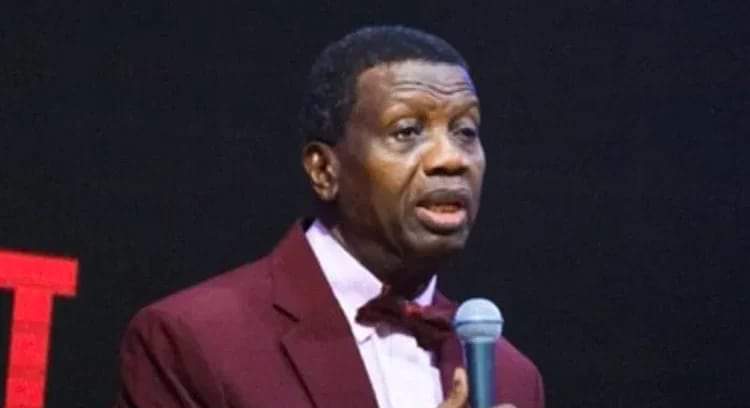 Religion
Religion 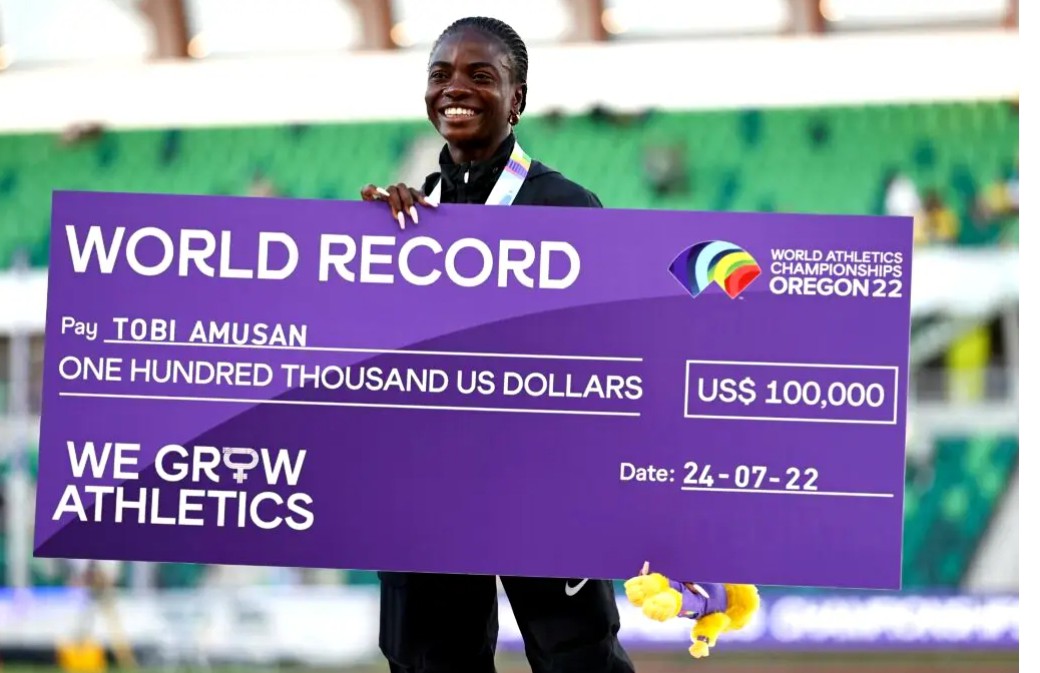 Sports
Sports 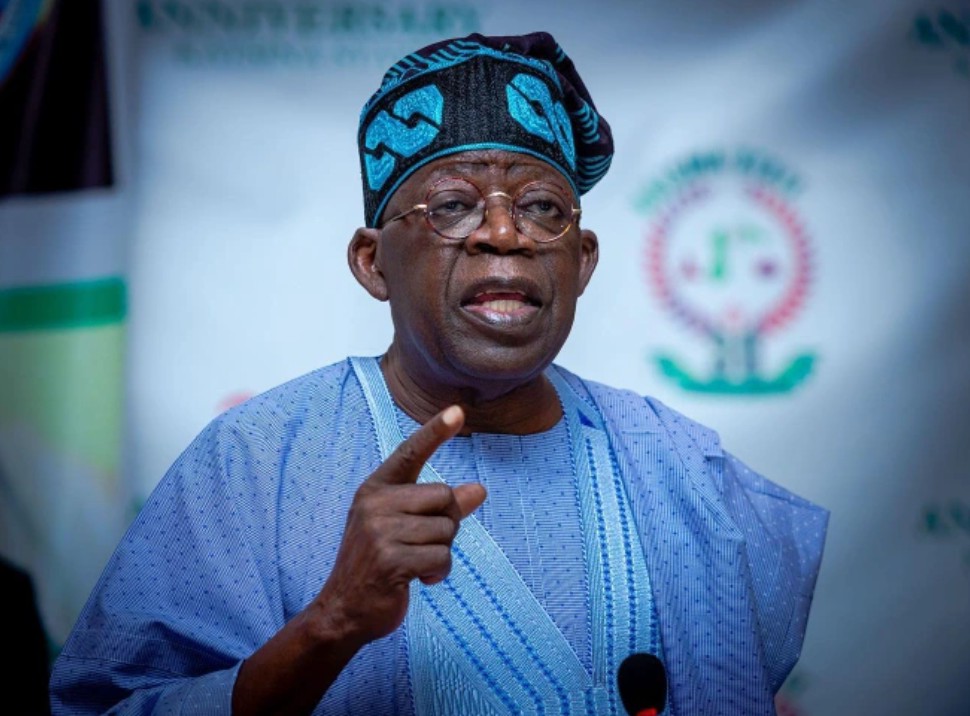 Politics
Politics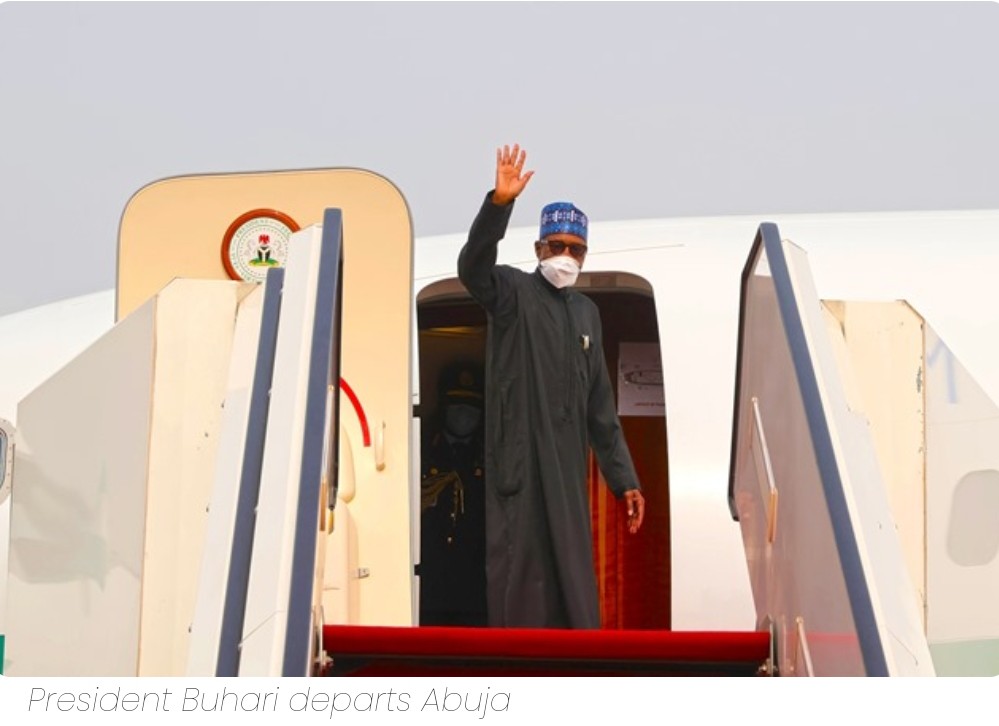 Culture & Tourism
Culture & Tourism.jpeg) Interviews
Interviews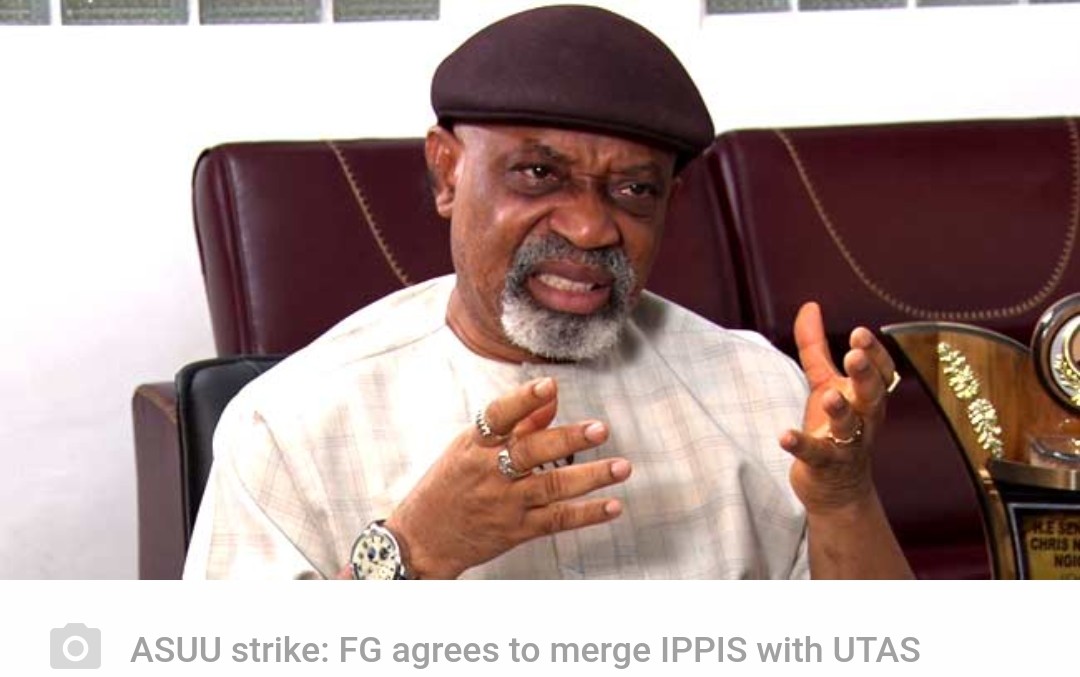 News
News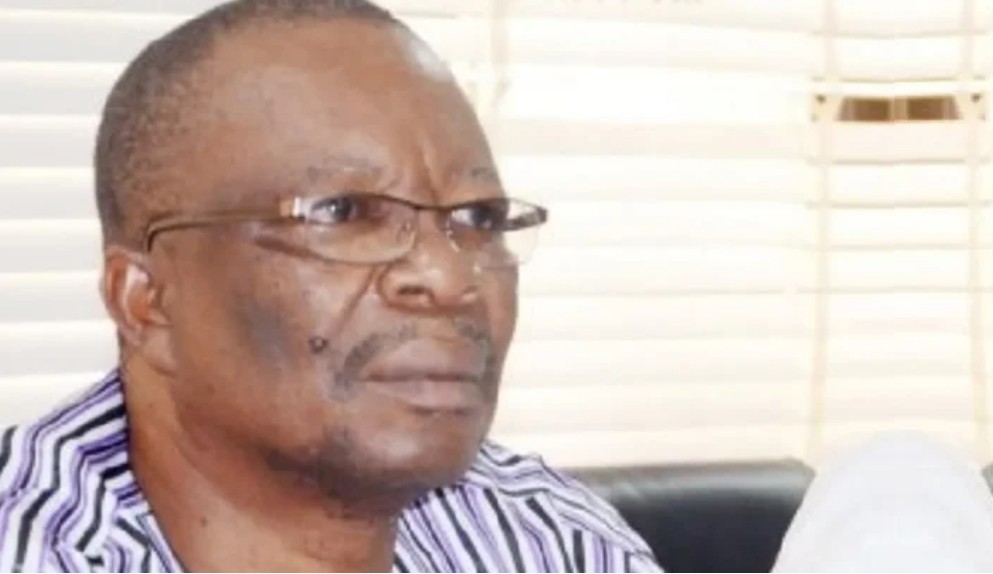 Education
Education 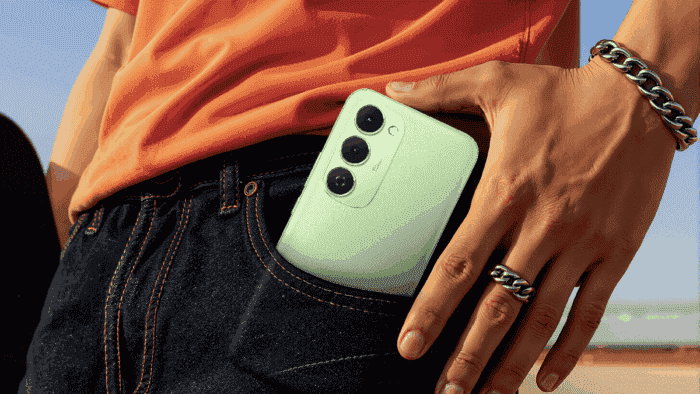 Technology
Technology Crime & Security
Crime & Security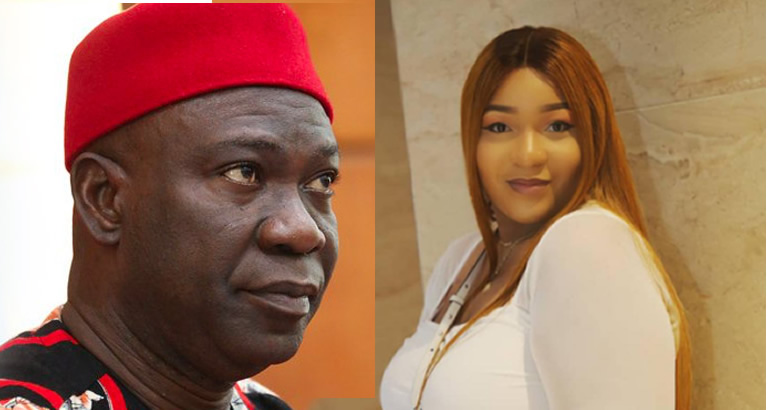 Health
Health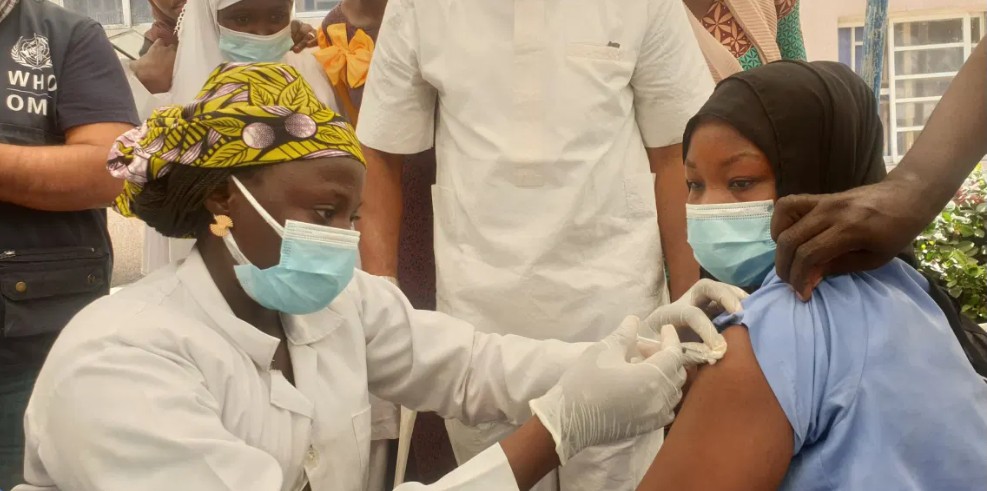 Entertainment
Entertainment Business & Economy
Business & Economy